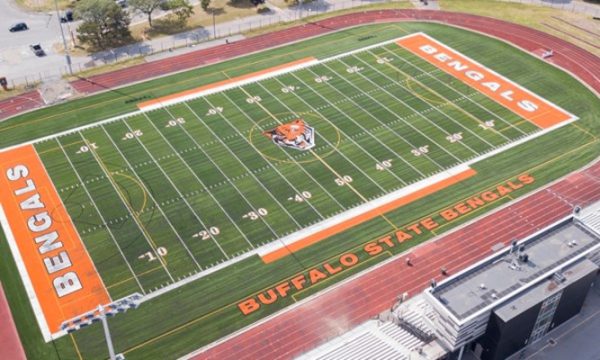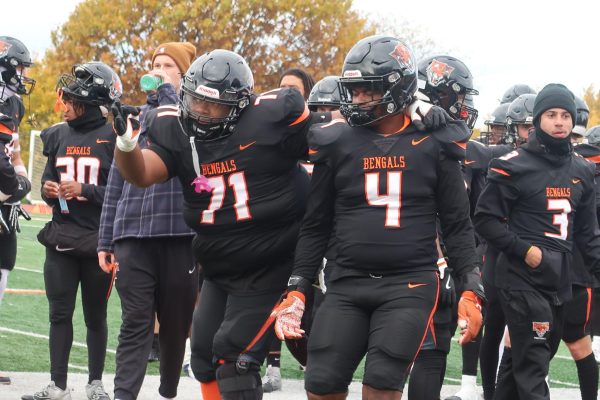Baseball’s instant replay remake proves its worth
We’re three weeks into the 2014 Major League Baseball season, and the biggest headline isn’t about a team off to a hot start or a player exceeding expectations. All the talk is about the new expanded replay system.
In 2008 the MLB became the last of the four major North American professional sports to implement an instant replay review system. In that system the only thing eligible for review was whether a home run was indeed a home run or not, and that review had to be initiated by the crew chief of the umpires. Only then would he and the other umpires go and review it and make a final decision.
At the winter meetings this year, all thirty MLB owners voted unanimously to expand the replay system. In the new system, each manager is given one challenge per game. If they challenge a call and they are indeed correct that it was the wrong call, they “win” the challenge and get to keep their challenge. If they challenge a call and the call stays the same, they “lose” the challenge and are out of challenges for the rest of the game.
The reviewable plays are no longer just home runs, either. Home runs, ground rule doubles, stadium boundary calls, force plays and tag plays are just a few of the newly reviewable plays.
The play is also no longer reviewed right there in the stadium. When review is initiated the crew chief and at least one other umpire will convene in a location where they will put on a headset and speak to a replay official at the MLB Replay Command Center in New York City.
For a process in its inaugural state, the MLB did a fairly good job of explaining how things are going to work, but they also made it known that mistakes are going to happen and it is a work in progress.
Coming into this year I wasn’t sure how to feel about the expansion of replay. I knew how hard it was to watch Armando Galarraga lose out on one of the most amazing feats as a pitcher, throwing a perfect game, because of a blown call by an umpire. If there was a review system in place at the time, the batter who spoiled Galarraga’s perfect game would’ve been called out.
I’ve seen a countless number of close plays that have had major effects on games, good and bad. But baseball is a game of inches, seconds, and extreme detail, so I was okay with umpires making mistakes—it’s going to happen no matter what.
But after watching these first three weeks of baseball I can say my mind has completely been changed. Although it has had its fair share of hiccups in this short time, I can say that the expansion of replay may be the best thing to happen to the MLB in a long time. Sure, the umpire will make mistakes, but this gives a system of being able to fix his mistake and get the call right.
Former St. Louis Cardinals manager and current MLB executive Tony La Russa had an interview with ESPN’s Jayson Stark earlier this week, and his perspective was spot on.
“Before this system, all you could do as a manager, if a mistake was made [by the umpires], was go in, watch the replay [after the game] and say, ‘Well, that call was blown, and hopefully it’ll even out later on,’” La Russa told ESPN. “But now you have a chance to correct that blown call. And the ability to do that has already had a direct impact on what the final score was a number of times.”
Many baseball ‘purists’ say that the expansion of replay is horrible. Well, I say that a team losing a game that they should have won due to a blown call is horrible. They also say the process takes too long, but Stark’s ESPN story says that the average time of a replay has been two minutes and three seconds.
I won’t have to see a guy lose a no-hitter, a player lose a hit, or a team lose a game they should have won because of an umpire’s mistake, a mistake that would have been aired and talked about for days on end on ESPN and other sports television shows. Being the talk of the sports media world may be good because it draws attention to your sport, but in this case it’s not good attention.
People shouldn’t care about how long the process takes. Games already last about three hours. What is an extra two or three minutes to be able to reach a correct call? All that fans should care about is what it does for the sport as a whole. It gives each team a fair and equal opportunity each time they take the field, and that’s really about all we can hope for.



